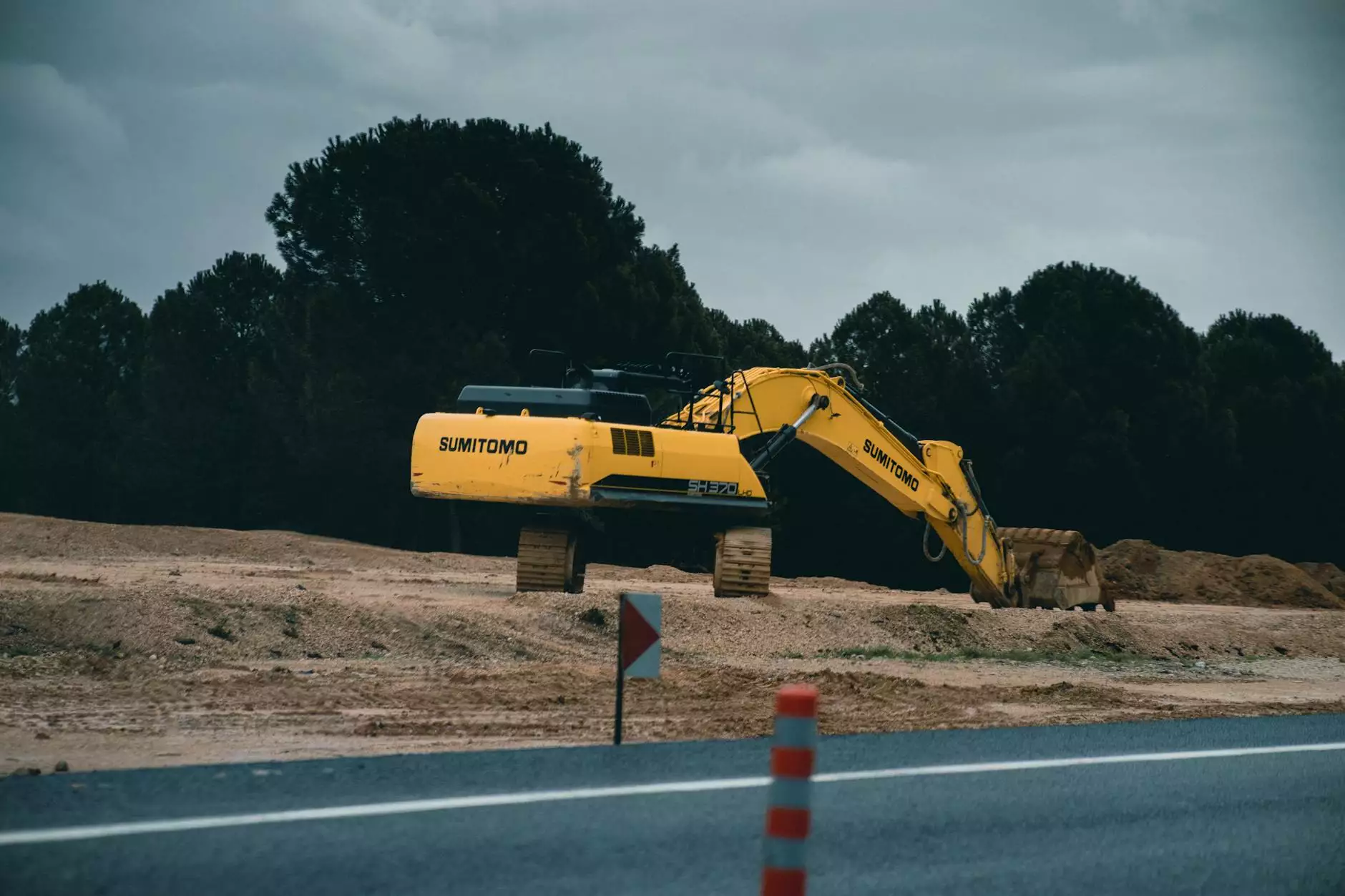Unlocking the Power of Diesel Engines: The Crucial Role of Cylinder Blocks

In the world of diesel engines, the significance of precision and quality cannot be overstated. At the core of these robust machines lies the cylinder block, a fundamental component that houses the cylinders and various internal mechanisms crucial for engine performance. This article delves deeply into the essence of the cylinder block, its vital functions, the intricacies of its design, and why choosing the right spare parts supplier is paramount for optimal engine operation.
What is a Cylinder Block?
The cylinder block is essentially the backbone of a diesel engine. It is a substantial piece of metal, usually cast iron or aluminum, that constitutes the main structure of the engine. This component serves as a housing for the engine cylinders, pistons, and other integral parts of the engine. Its primary functions include:
- Supporting Engine Components: The cylinder block provides the necessary support for various components such as the crankshaft, camshaft, and valve assemblies.
- Maintaining Engine Integrity: It keeps the cylinder heads in alignment and maintains the compression needed for efficient combustion.
- Cooling System Integration: The design of the cylinder block often includes passages for coolant, helping to dissipate heat generated during the engine’s operation.
- Collecting Engine Oil: The block also holds oil that lubricates the engine’s moving parts, reducing friction and wear.
Understanding the Construction of a Cylinder Block
The construction of a cylinder block is critical to the engine's durability and performance. Typically, the block is machined to create a series of cylindrical spaces where pistons move up and down. Below are the major components involved in the structure of a cylinder block:
- Cylinder Walls: These sturdy walls are engineered to withstand extreme pressure and heat.
- Water Jacket: A surrounding section that allows coolant to flow around the engine, regulating temperature.
- Oil Gallies: Designed for oil distribution, these paths ensure lubrication reaches all necessary moving parts.
- Mounting Points: These are integral for securing various engine accessories and components, ensuring stability and alignment.
- Crankshaft Supports: The block features specific areas where the crankshaft is anchored, contributing to engine balance and efficiency.
The Importance of Quality in Cylinder Blocks
When it comes to diesel engines, the quality of the cylinder block directly correlates with engine performance and longevity. Here are several reasons why investing in quality parts is essential:
1. Enhanced Performance
Quality cylinder blocks are engineered to precise specifications, allowing for optimal air-fuel mixtures and efficient combustion. Such precision results in better fuel efficiency and increased power output.
2. Durability and Longevity
Durability is a hallmark of a high-quality cylinder block. Robust materials and superior manufacturing processes ensure resistance to wear and tear, which can lead to costly repairs or replacements over time. A well-constructed block can endure the rigorous demands of heavy-duty applications.
3. Reduced Maintenance Costs
Investing in a reliable cylinder block means fewer breakdowns and maintenance interventions. Quality parts translate to lower operational costs and extend the intervals between required service checks, ultimately benefiting your bottom line.
4. Compatibility with Other Components
A high-quality cylinder block will also ensure compatibility with other engine parts, reducing the likelihood of issues arising from mismatched components. This compatibility is crucial for maintaining the integrity of the engine system as a whole.
Selecting the Right Spare Parts Supplier
When it comes to sourcing spare parts, especially for crucial components like the cylinder block, partnering with a reputable supplier is vital. Here are important factors to consider when selecting your supplier:
- Reputation and Experience: Look for suppliers with a proven track record in the industry, known for their reliability and product quality.
- Product Range: Choose a supplier that offers a comprehensive range of engine components, including OEM and aftermarket parts, to ensure you find precisely what you need.
- Quality Assurance: Check if the supplier adheres to established quality standards and verifies that their parts undergo rigorous testing and inspection.
- Customer Support: A good supplier should provide excellent customer service, offering advice and after-sales support, which is essential for addressing any inquiries or issues that may arise.
- Competitive Pricing: While price shouldn’t be the sole determining factor, competitive pricing for quality parts is a necessary consideration, ensuring you receive fair value for your investment.
Future Trends in Diesel Engine Parts
The diesel engine market is witnessing an evolution, with increasing emphasis on sustainability and efficiency. Here are some trends that are shaping the future landscape of diesel engine parts, including cylinder blocks:
1. Lightweight Materials
Innovations in materials technology are leading to lighter yet stronger cylinder blocks. Manufacturers are exploring advanced composites and aluminum alloys that contribute to reducing overall engine weight without compromising on strength.
2. Enhanced Fuel Efficiency
As environmental standards tighten, there's a pressing demand for components that improve fuel efficiency. Cylinder blocks designed with enhanced cooling systems and reduced internal friction can lead to better fuel economy, aligning with global sustainability goals.
3. Smart Technology Integration
The integration of smart technologies in engine design, including sensors and digital monitoring systems, is becoming more commonplace. These technologies can provide real-time data on engine performance, including the condition of the cylinder block, allowing for proactive maintenance and enhanced performance monitoring.
4. Modular Engine Designs
Modular designs are gaining traction, allowing engine components, including the cylinder blocks, to be easily swapped or upgraded. This modularity increases flexibility in engine design and can lead to significant cost savings in maintenance and repair.
Conclusion
Understanding the significance of the cylinder block and prioritizing quality in your selection of diesel engine parts are critical steps in ensuring the efficiency and longevity of your engine. By choosing a reputable spare parts supplier, you not only safeguard the performance of your diesel engine but also pave the way for enhanced operational efficiency and reduced maintenance costs. The future is bright for diesel technology, and with the right components, your business can thrive in this ever-evolving landscape.
For further insights into high-quality cylinder blocks and other essential diesel engine parts, explore our offerings at client-diesel.com.
https://client-diesel.com/en/products/cylinder-block


